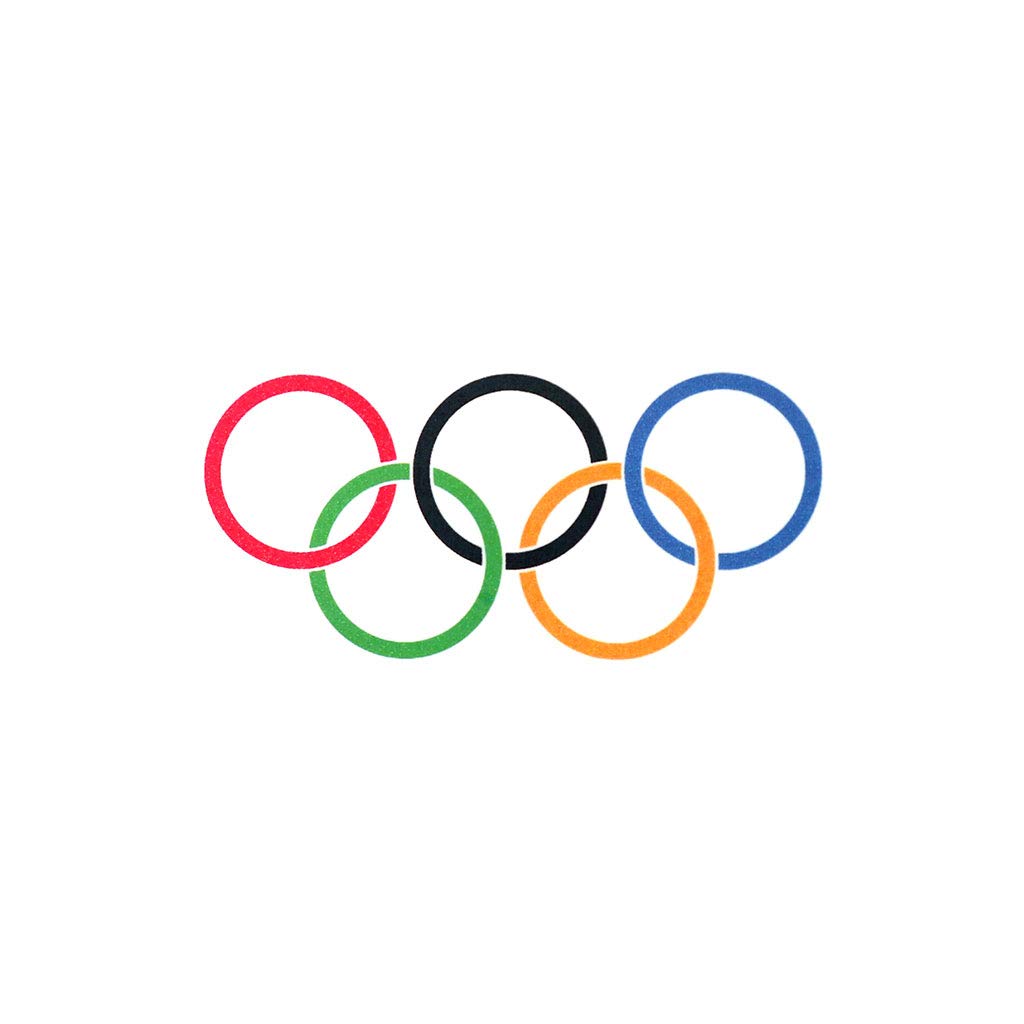
What’s it like training for the Olympics?
With a little over four months left to the summer Olympics in Tokyo, South Africa’s RMB National Rowing Squad is hard at work getting fit, getting focused and getting qualified. We have one boat qualified already, with another two waiting in the wings to earn a place at the pinnacle event on the world sports calendar.
In the lead-up to the games, we spoke to a few of South Africa’s former rowing Olympians to find out what happens behind the scenes as the games get closer.
Colleen Orsmond rowed in the 1996 Atlanta and 2000 Sydney Olympics in a lightweight pair with Heather Fleming. She went on to pursue an international career in rowing and is currently chair of the international rowing commission.
“The Sydney Games were really good for South Africa in that we had three crews qualified and we all made the finals,” she recalls. “So that was a big achievement. Even though we didn’t end up with any medals, it was a big step up for the squad as a whole.
“We had a fantastic coaching team who were really committed – a real group of boat whisperers. They were instrumental in our improvement between Atlanta and Sydney.”
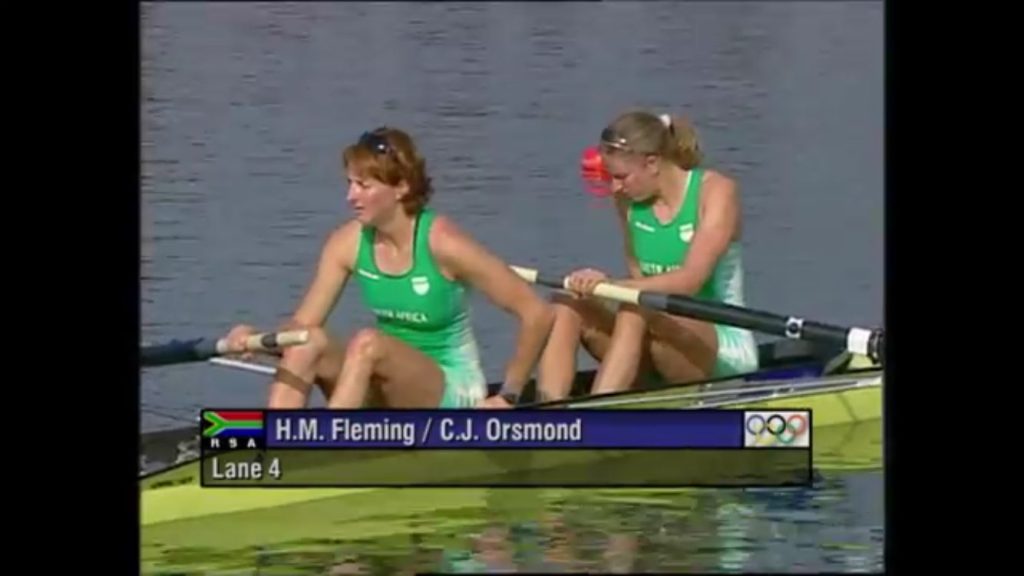
With regard to the postponement of the 2020 Olympics, Colleen says it can’t have been easy on the RMB National Squad.
“Any athlete at that level is very goal-oriented. And when that goal moves or changes or becomes uncertain, that’s very unsettling,” she says. “I think it also depends on the athlete and what stage they’re at in their career. If you’re a young athlete and this is your first potential Olympics it’s a different scenario to if you’re a mature athlete and this is your last one. For some it’s a case of hanging on for the games before starting a new life. To have that goal postponed by another year is very tough.”
Ramon di Clemente rowed in Sydney (2000) and Athens (2004) with Donovan Cech, and in Beijing (2008) with Shaun Keeling. Don and Ramon won the bronze medal in Athens – the first time a South African boat had won an Olympic medal. Ramon came sixth in Sydney and fifth in Beijing in his respective boats.
“At about four months before the Olympics we were probably focusing on a strict daily routine, not worrying too much about what was happening in the outside world, and keeping our heads heavily engrossed in the mechanics of trying to make a boat move,” he recalls. “At this point you’re not going to get much fitter or stronger. Obviously you want to time your peak properly.
“Between now and in four months’ time it’s a sensory thing more than anything; making sure your form is 100%. You’re going to be strong and fit, now you need to ensure you can turn it on at any time and be mentally strong.”

Shaun Keeling rowed with Ramon in Beijing in 2008 and then with Lawrence Brittain in Rio in 2016, where the pair won a silver medal.
“The last few months before the Olympics are intense,” he says. “The selection process itself is just crazy. You find yourself rowing with different partners every two weeks or so in order to identify who is on top and the best pairings.
“There’s a level of competition within the team. You want to remain at the top of the log at all times to ensure a place on a boat no matter what. This mindset and training prepares you for the Olympics and specifically the final. To ensure you can perform all the time and step up when needed.”
Shaun says once your boat has been selected and the rowers have been chosen for each boat it’s a huge relief because you don’t have to keep changing partners.
“You can start working on the technical elements of a specific partnership, ironing out all the kinks and really trying to get it going, trying to make sure that you’re the best you can be.
“You have to understand that all this preparation and training leads up to one, single day. You have to ensure that you take everything you have done and make it work to perform on that day. It does get complicated because you become mates with the people on your team, and you have to compete against them, then compete with them on the international stage. But at the end of the day it’s business. You’ve got to have the right mindset, believe in yourself and make sure you deliver your best at all times.”
Ursula Grobler participated in the lightweight women’s double scull in Rio in 2016 with Kirsten McCann. They made it to the final, but sadly were unable to place on the day.
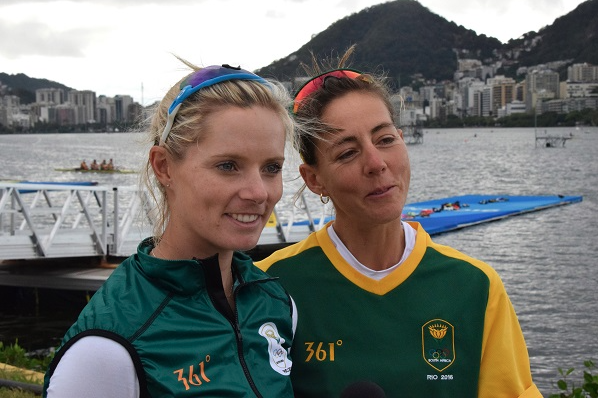
“The conditions were rough, which caused our races to get postponed twice,” Ursula says. “We tried to cope with this as best we could. But looking back, I think it affected us more than we thought. We were in really good form, and a favourite to medal, so it was a huge disappointment after all that build-up.
“I realised over time that making it into an Olympic final is still an achievement. But it would have been great to get a medal because our team had a creed of One Goal, GOLD!”
Ursula recalls the intensity of her Olympic training.
“For me and Kirsten winning a medal was the one and only goal,” she says. “We had a reputation at the time for being too hard on ourselves, perhaps too focused all the time. But we simple loved rowing and embraced it as all-consuming. You’re doing things every day that can make you faster and prevent injury. You almost develop a bubble mentality.
“Everyone is focused, but we all deal with it in different ways. You develop such a respect for each other. Each of you needs the others to be on top form.”
The 2021 Tokyo hopefuls in the RMB National Squad are currently hard at work at a training camp in Lesotho. It’s been an especially tough road for them, with the postponement and the lockdown regulations. But South Africans are made of tough stuff. We look forward to following the squad’s Olympic progress.


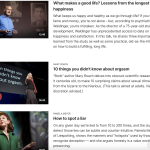
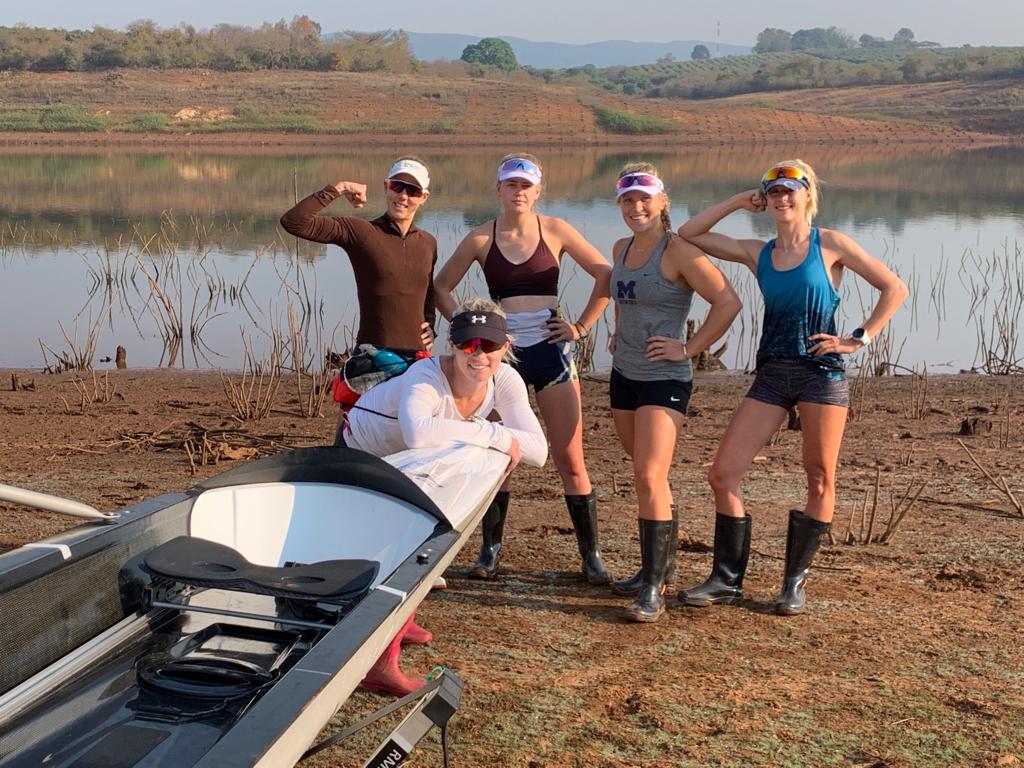
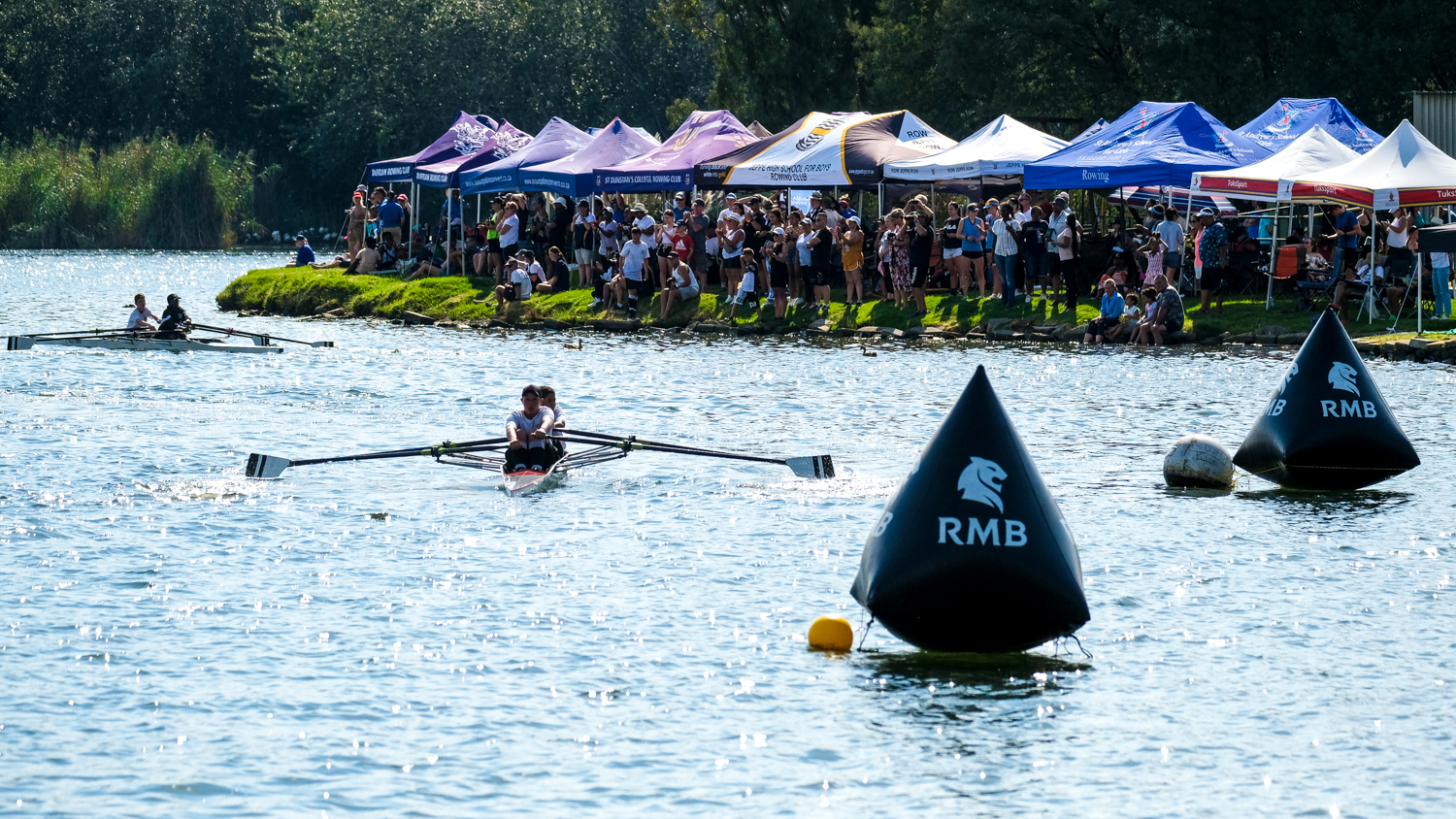
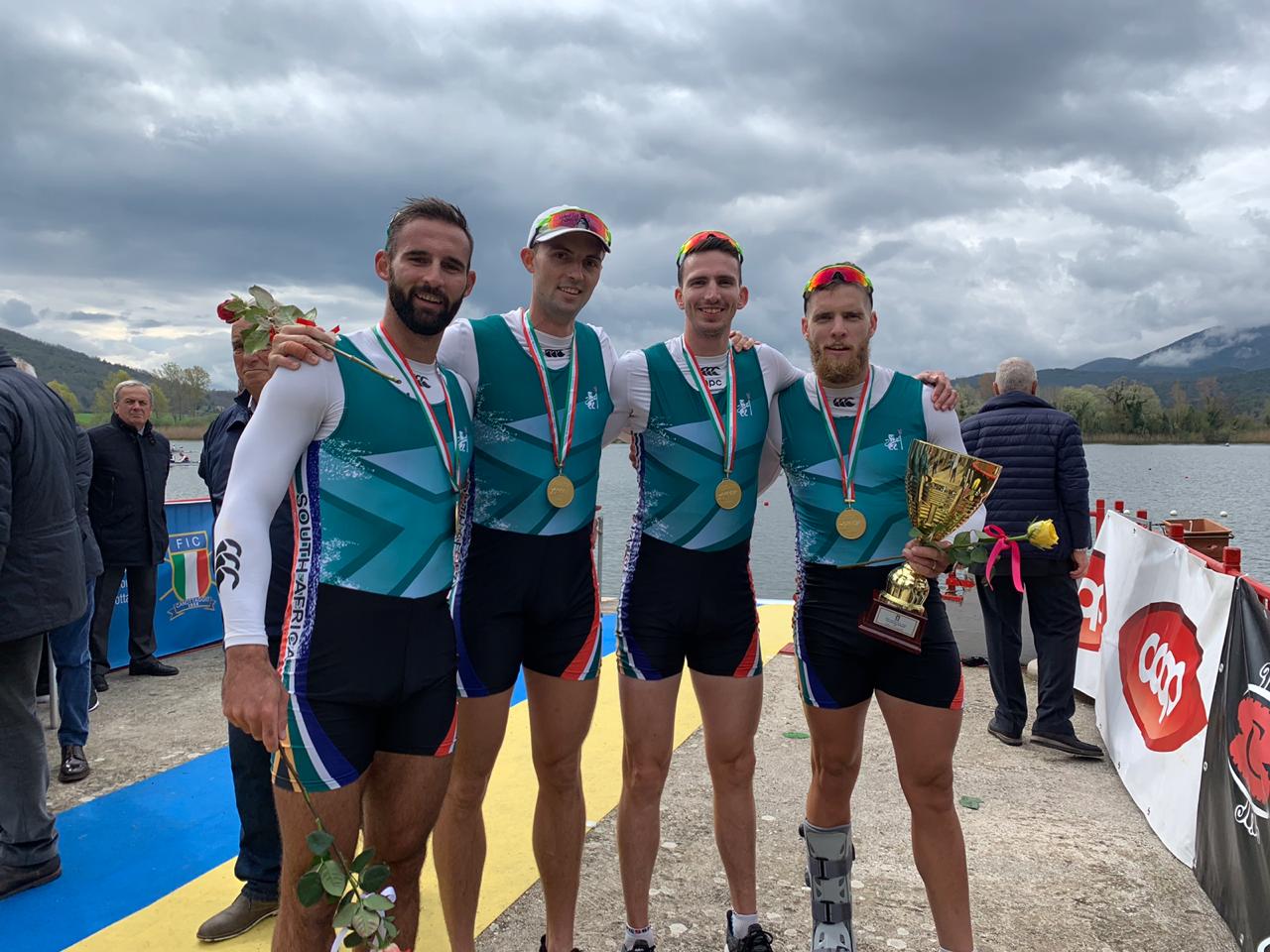

Leave a Reply